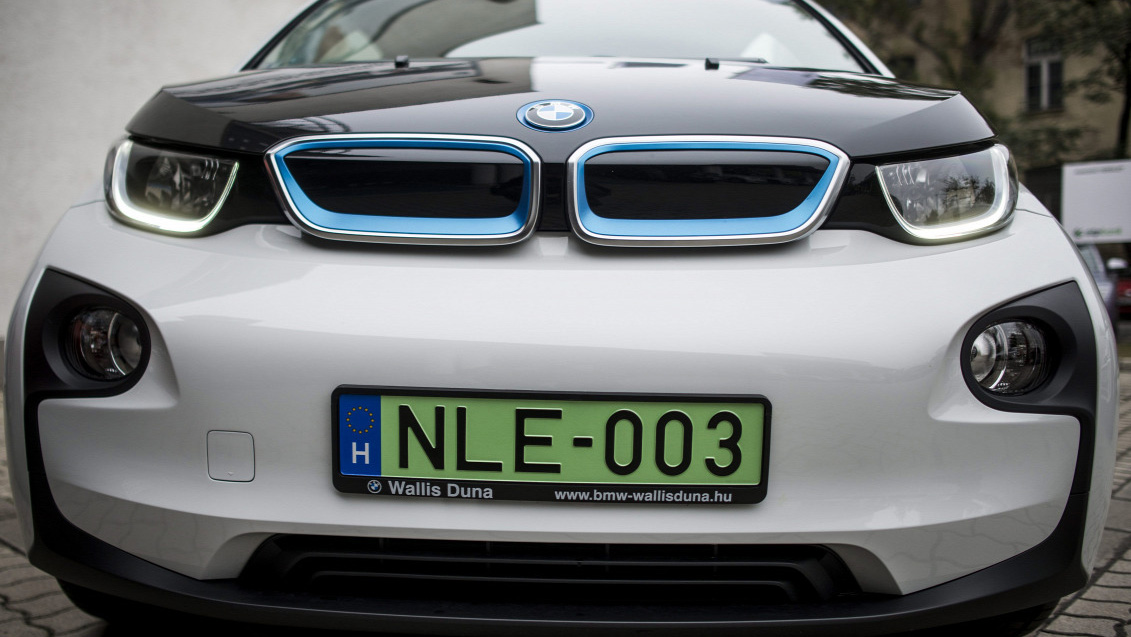Plug-in vehicles or those in the extended-range environmental category (having an all-electric range of 25 to 50 kilometers) in Hungary will need to have their license plates exchanged by 30 November 2026.
According to the Hungarian Future Mobility Alliance, as of the end of June 2024, there were 52,209 battery electric vehicles (BEVs), 12,358 plug-in hybrid electric vehicles (PHEVs), and 29,646 range-extended electric vehicles (REEVs) on Hungarian roads, totaling 101,213 vehicles eligible for green license plates. This number will significantly decrease next month. Notably, the number of cars in all categories has grown compared to the same period last year, with PHEVs seeing the largest increase (about 35 percent).
In February, the Hungarian government launched an incentive program worth 30 billion Hungarian forints (75.3 million euros) to promote electric vehicle adoption for company cars. So far, over 3,400 companies have applied for subsidies, according to the Hungarian Ministry of Energy. The government covers 2.8 to 4 billion HUF of the vehicle purchase price.
This change means that certain categories will likely no longer be eligible for tax incentives associated with green number plates. As Daily News Hungary notes, this marks "the end of the era for luxury SUVs with green plates."
Source: Daily News Hungary

